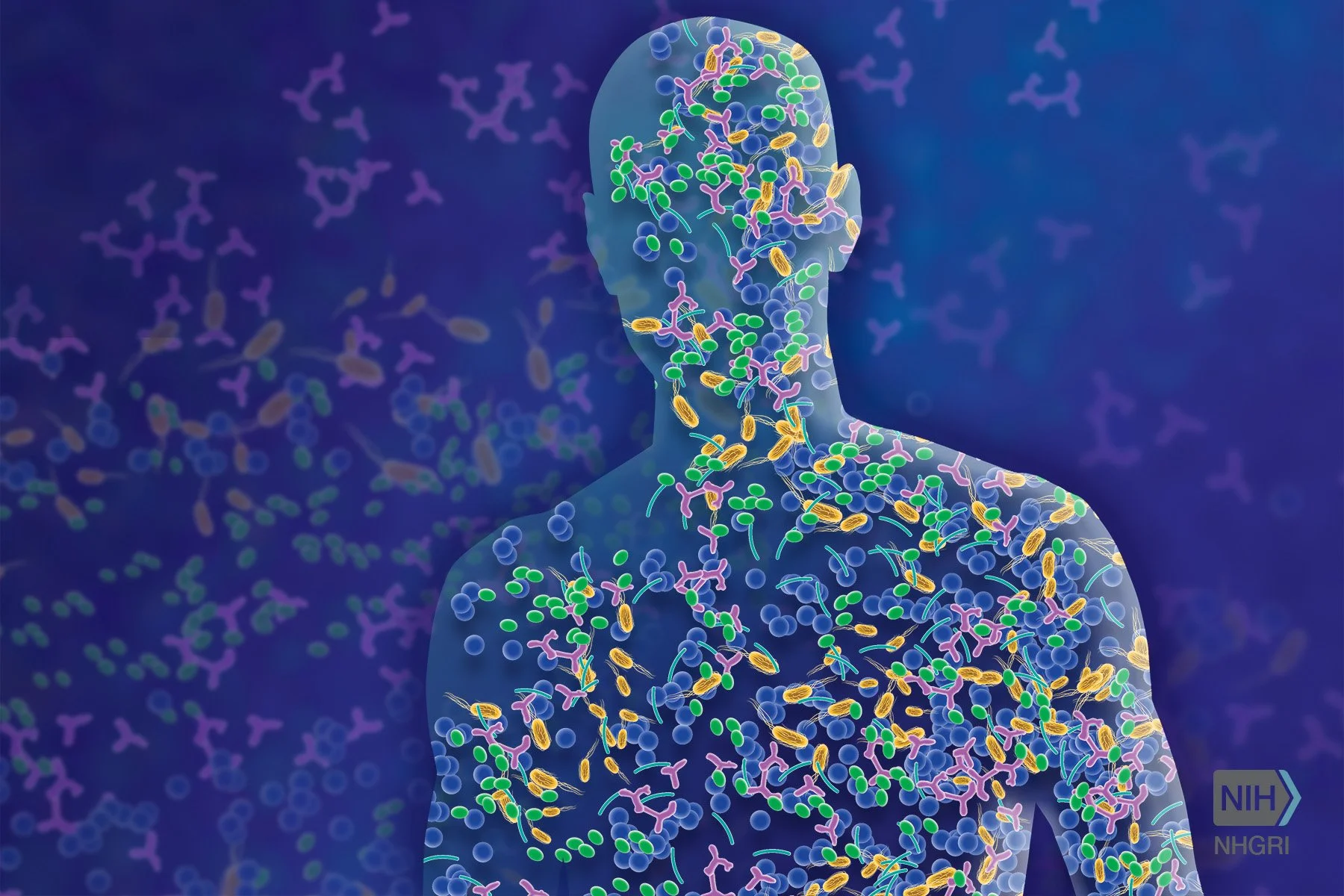The Way to Healthy Soil and a Healthy Gut are Closely Related
Mature and high-quality compost is a good source of microbes for soil
Our guts contain a trillion microbial cells and they affect our health so substantially that we can’t live a good life without them. But have you wondered where all these microbes come from?
It is very likely that they come from our food and our soil!
Much like the vast biodiversity of our gut microbiome, just “one teaspoon of soil contains more living organisms than there are people in the world”. Soil has existed long before we have and is by far the richest natural microbial reservoir on the planet. Our ancestors lived closely to soils. They spent most of their time outdoors, built shelters with soils, and even ate soils as remedies for illnesses.
Microbes residing inside our body come from the environment, and are constantly interacting with our various systems, affecting our health.
We urban dwellers are now so separated from the natural environments that we seldom get the chance to touch soils, or intake microbes attached to plants because of chemical use, ultra-processing, and sterilization of foods. Additionally, “there are functional similarities between the soil rhizosphere and the human intestine.” (Blum et al., 2019) Both our gut and rhizosphere are rich in nutrients housed in many different micro-environments. Although allopathic, science-based modern medicines are exceptional at treating symptoms and diseases using drugs, they also reduce our healthy gut bacterial flora drastically. It is therefore not surprising that both the gut and soil microbiome are found to share some common bacteria groups. Scientific studies have also stressed that “the survival rates of invaders are inversely related to the diversity of the native microbiome” (Blum et al., 2019), thus, a more diverse gut flora provides more resiliency for our bodies to fight off bad bacteria and viruses.
A diet rich in probiotics such as fermented foods like sauerkraut, tempeh, and miso enhances the diversity of gut microbes (Hemarajata and Versalovic, 2013), decrease signs of inflammation (inflammation is the catalyst to many chronic diseases), and helps optimize the immune system. Similarly, adding compost and fermented nutrient amendments to soil significantly increases the number of microorganisms in the soil. These microorganisms are critical for delivering nutrients to ensure healthy plant growth, and can make plants more resistant to pests and diseases.
“In recent decades, however, contact with soil has largely been reduced, which together with a modern lifestyle and nutrition has led to the depletion of the gut microbiome with adverse effects to human health.” (Blum et al., 2019)
It is therefore important to restore soil health, and consume whole, non-processed, chemical-free foods produced in healthy soils. Not only are they an excellent source of nutrients, but also full of microbes that could help replenish our gut flora!
Naturally fermented vegetables are a tasty remedy for our gut health. You can even try to make it at home! Tempeh is a nutritious fermented soy cake that originated in Indonesia, also a delicious source of nutrients and microbes.
References:
Blum W.E.H., Zechmeister-Boltenstern S., Keiblinger K.M. (2019) Does Soil Contribute to the Human Gut Microbiome? Microorganisms 7:287. DOI: 10.3390/microorganisms7090287.
Hemarajata P., Versalovic J. (2013) Effects of probiotics on gut microbiota: mechanisms of intestinal immunomodulation and neuromodulation. Therapeutic Advances in Gastroenterology 6:39-51. DOI: 10.1177/1756283x12459294.




